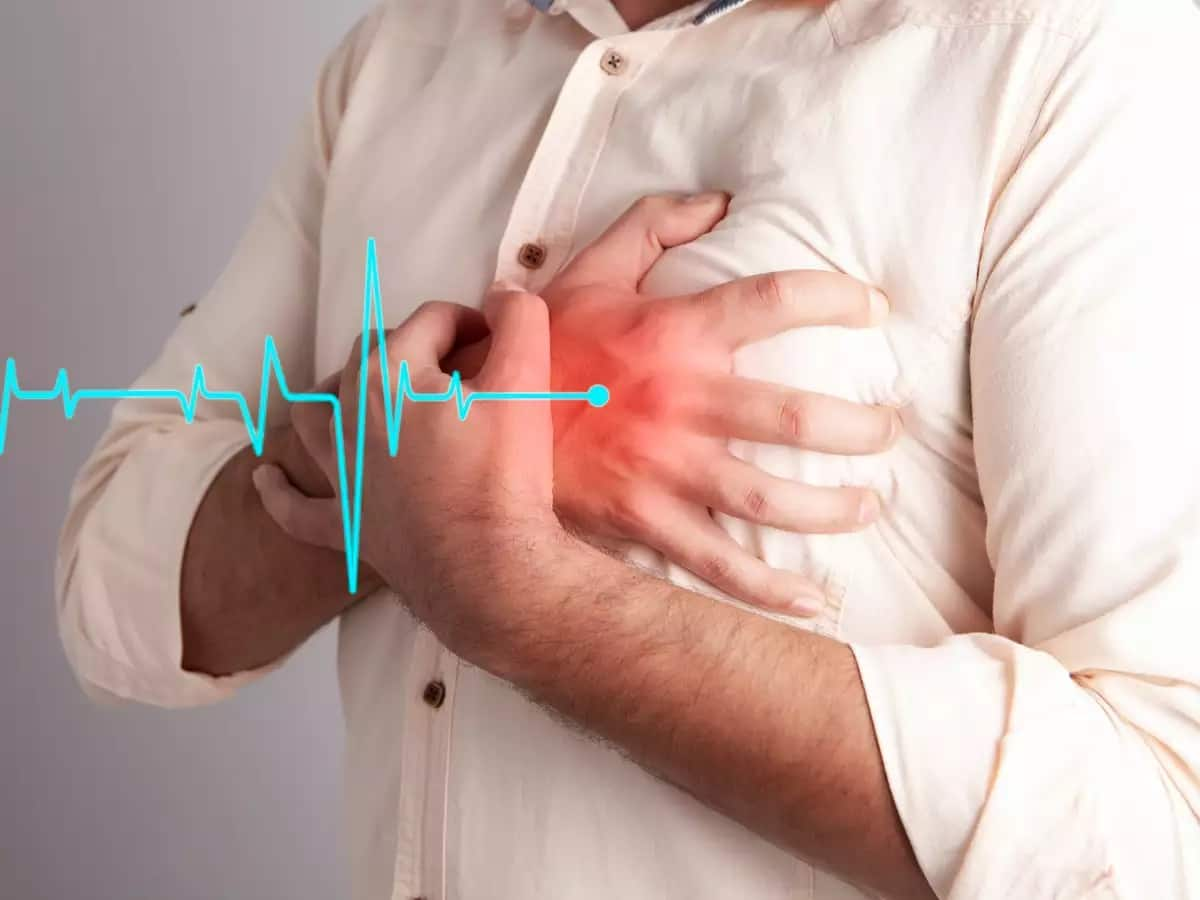Share this @internewscast.com

Research from Harvard Health reveals that more people die out of heart related illnesses induced by kidney complications rather than from kidney failure or requiring dialysis.
Chronic kidney disease is prevalent among more than one adults among seven adults. Normal kidney functions has has become a much more rare phenomenon in recent times. According to Harvard Health, it is also difficult to detect kidney disease from early on because in the initial stages, there are be no symptoms. However, these silent symptoms worsen over time leading to serious complications.
Are kidneys related to the heart? Yes. High blood pressure and diabetes are the two most common caused of chronic kidney disease and these two also affect the heart. According to Dr. Martina McGrath, a transplant nephrologist at Harvard-affiliated Brigham and Women’s Hospital, There may be an overlap in the underlying causes of kidney and heart diseases as well as in the treatment of both these conditions. In majority of cases, says Dr. Martina McGrath, people die out of heart related illnesses induced by kidney complications rather than from kidney failure or requiring dialysis.
Dr. Santosh Kumar Dora, Senior Cardiologist at Asian Heart Mumbai elaborates further on the kidney-heart connection. Read on till the end to understand what exactly goes on between them.
How Do Kidneys Affect Heart Rate?
Medical research has unraveled the intricate relationship between heart disease and kidney function. Earlier, these two organ systems were viewed as distinct entities with separate pathologies. The interplay between them is now well understood and is often referred to as ‘cardiorenal’ disease.
Shared risk factors
Hypertension, diabetes, obesity, and dyslipidemia are well-established risk factors for both heart disease and kidney dysfunction. These conditions often coexist and exacerbate each other’s progression, creating a synergistic effect on cardiovascular and renal health.
Progression of disease
Inflammatory processes, oxidative stress, and endothelial dysfunction play pivotal roles in the development and progression of both heart disease and kidney dysfunction.
Correlation
The fluid and electrolyte imbalances in chronic kidney disease can lead to hypertension and fluid overload, which in turn puts a strain on the heart and affects heart rate. Similarly, heart failure can lead to decreased blood flow to the kidneys, impairing their function. Hence, these two diseases coexist and aggravate each other’s symptoms.
How Can You Take Care Of Both Organs?
Dr. Santosh Kumar Dora says, “Naturally both organs can help take care of the other. Read on to find out how.”
How the heart can give clues about the kidney: Echocardiography and cardiac magnetic resonance imaging (MRI) provide detailed insights into cardiac structure and function, which can identify subtle abnormalities indicative of underlying renal dysfunction.
How the kidney can give clues about the heart: Biomarkers like troponin and brain natriuretic peptide (BNP) offer valuable information regarding cardiovascular outcomes in patients with kidney disease.
Conclusion
The treatment for both overlap as well. While there are many preclinical and clinical studies that indicate that targeted therapies on common pathways may be able to alleviate cardiorenal syndrome, lifestyle modifications and patient education remain integral components of managing them. Therefore, encouraging adherence to a heart-healthy diet, regular physical activity, smoking cessation, and medication compliance will not only mitigate cardiovascular risk but also preserve renal function.










